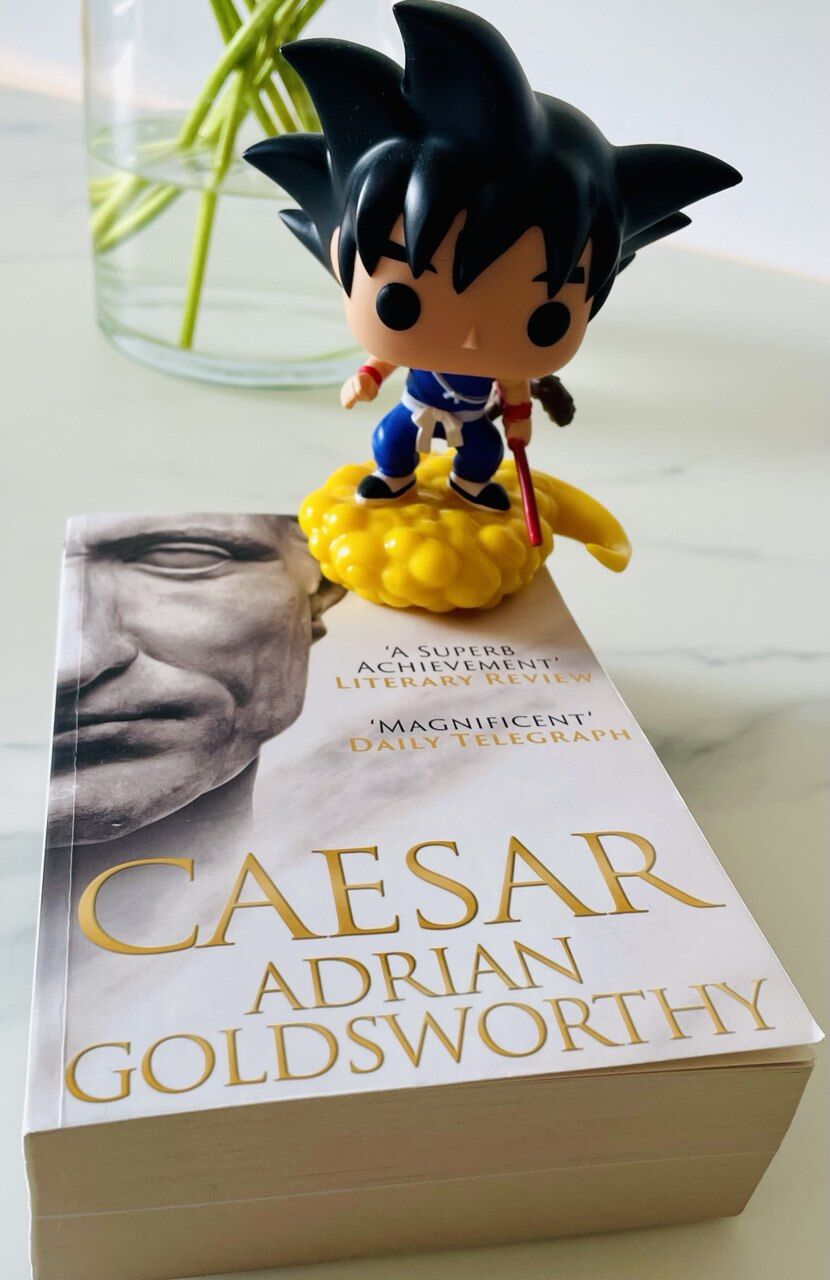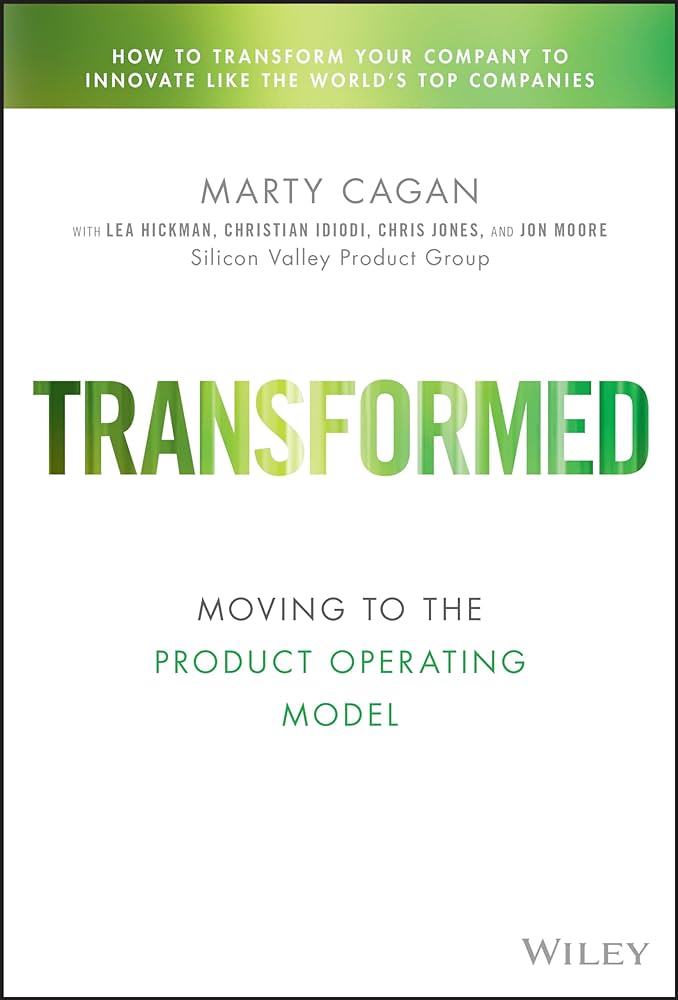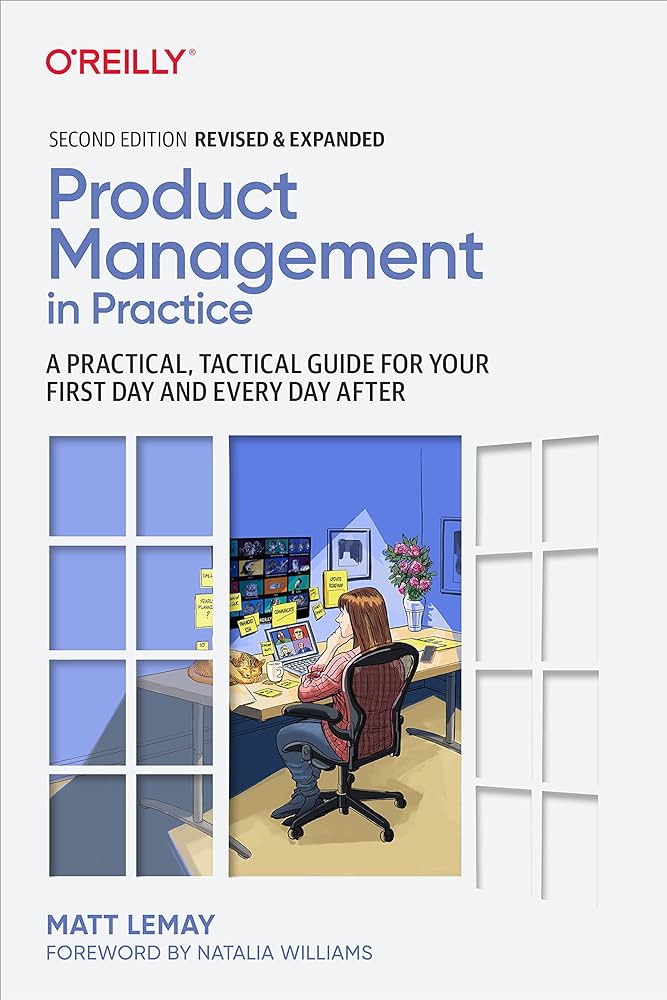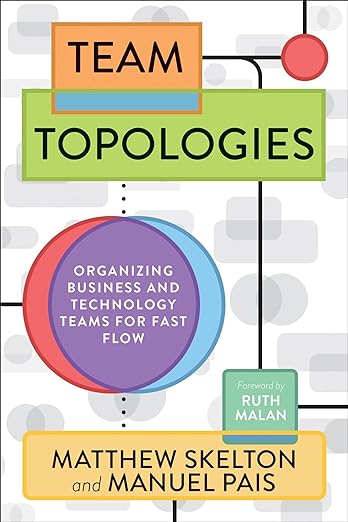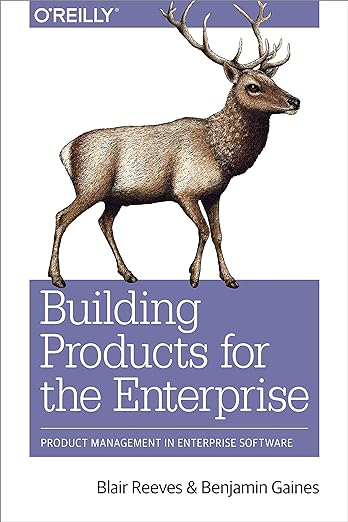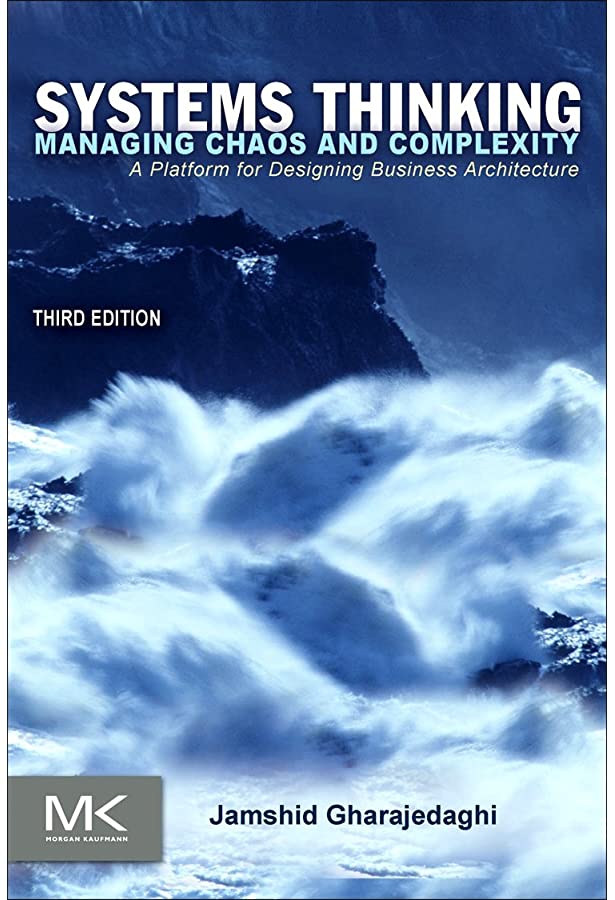Julius Caesar Was a Startup
While reading Julius Caesar’s biography by Adrian Goldsworthy, I learned a surprising fact: he funded his political career as a startup would today.
Caesar was from a very noble patrician family. However, at the moment of his birth, his family was not incredibly rich and powerful compared to other Roman nobility. They have significant connections, but that alone would not be enough to build an outstanding political career.
The Roman political system was not characterized by parties but rather by individuals. Those individuals spent a large amount of their money to gain popularity among the citizens, support their lifestyle, engage in what we today consider bribery, and so on.
As we know, Gaius Julius Caesar was a very ambitious person. From an early stage, when he began climbing the career ladder, he consistently borrowed money from his wealthy political supporters, who saw potential benefits in a future leader. He also used those funds to maintain his lavish lifestyle, which was considered extravagant by Roman standards of the day.
Caesar had to rush to maintain the belief in his support, so money continued to flow to gain more popularity and cover previous borrowings. And he did exceptionally well by reaching each new position in a political hierarchy as soon as his age allowed him to do that. And sometimes even earlier.
There were cases when Caesar was near what we can call a “bankruptcy” 💸 when he undertook some drastic actions. A notable example is that he refused a triumph dedicated to his military campaign in Spain, which can be considered the pinnacle of anyone's career in Rome, to run for consular nomination that year.
Consularship was a prestigious elected office in the Roman Republic. Two consuls held it, jointly exercising executive authority, commanding armies, presiding over the Senate and assemblies, and were replaced annually to prevent the concentration of power.
So, Caesar could have obtained his triumph and waited another year to secure the consulship. However, for him and his donors, advancing his career was critical; he could not wait.
Only during his Consulship, and more likely his subsequent military campaign in Gaul, did Caesar finally become reliant on the funds he had gained. Using modern language, he achieved the required profitability level without further investments 💼📈. He was above his 40s, and the most interesting part of his life had only begun.
After reading that, I was amazed at how easily we can draw a line between today’s startups and 2000 years ago.
Considering his impact on humanity's history, Julius Caesar was one of the most successful startups in the world. 🏛️🔥
